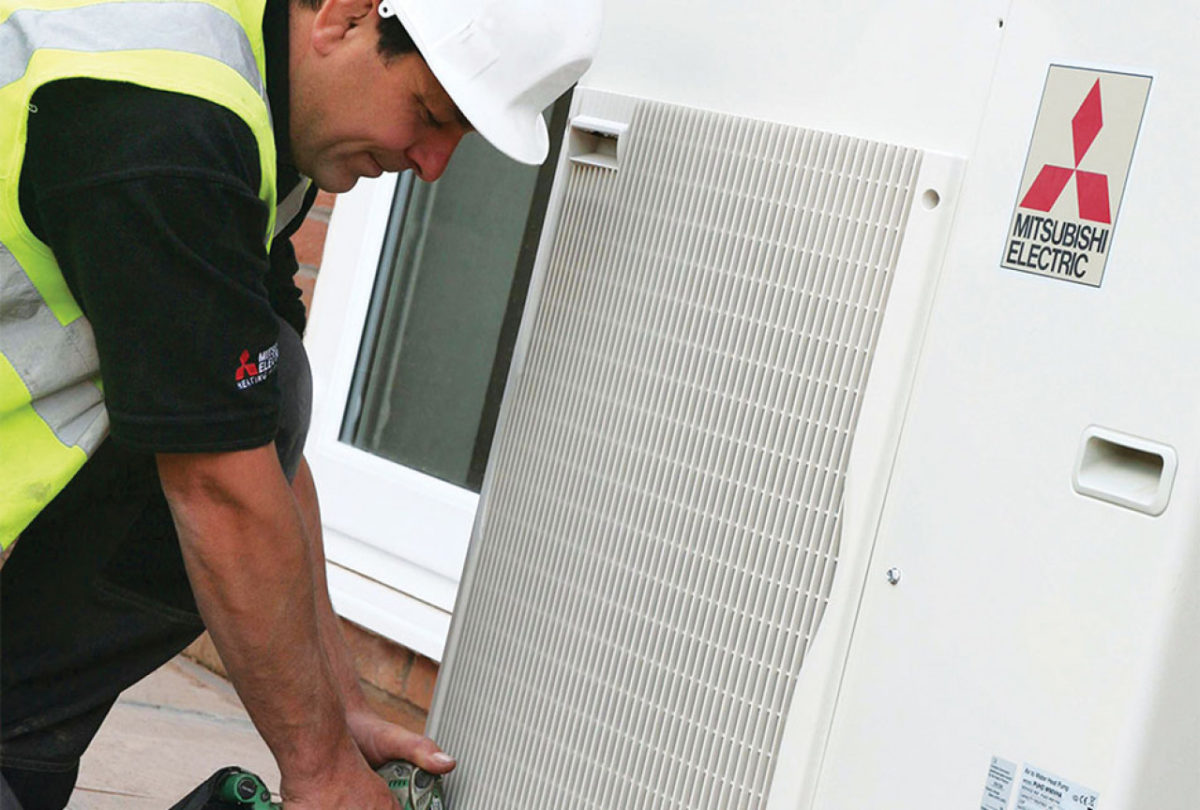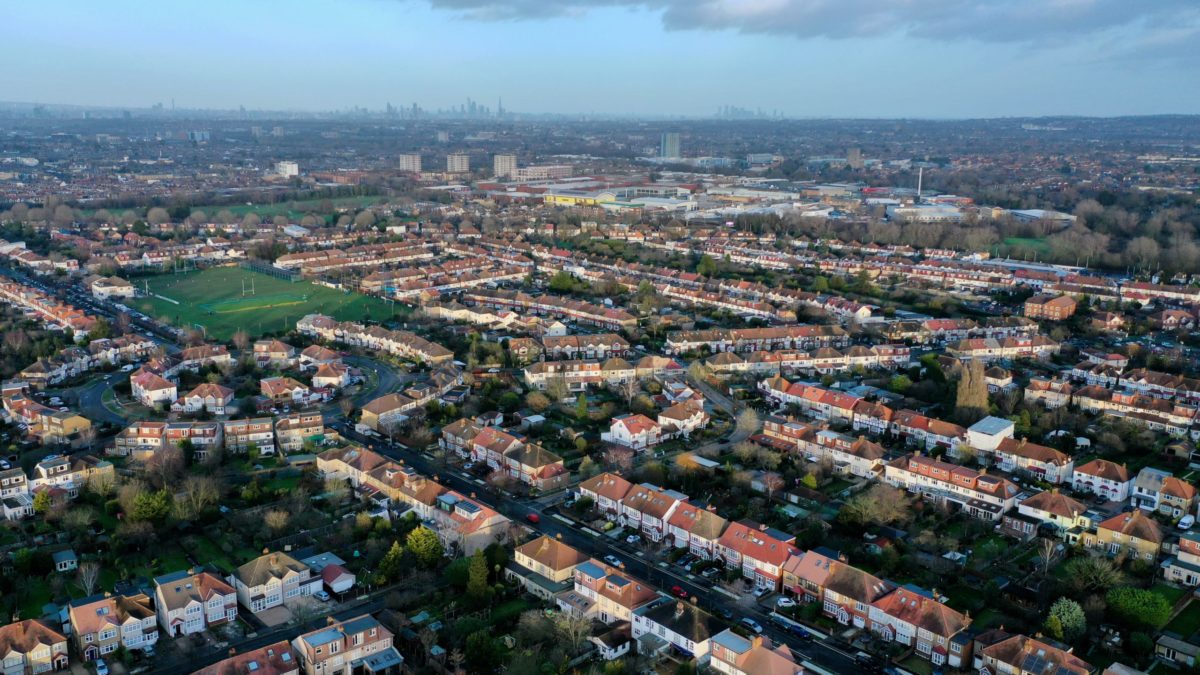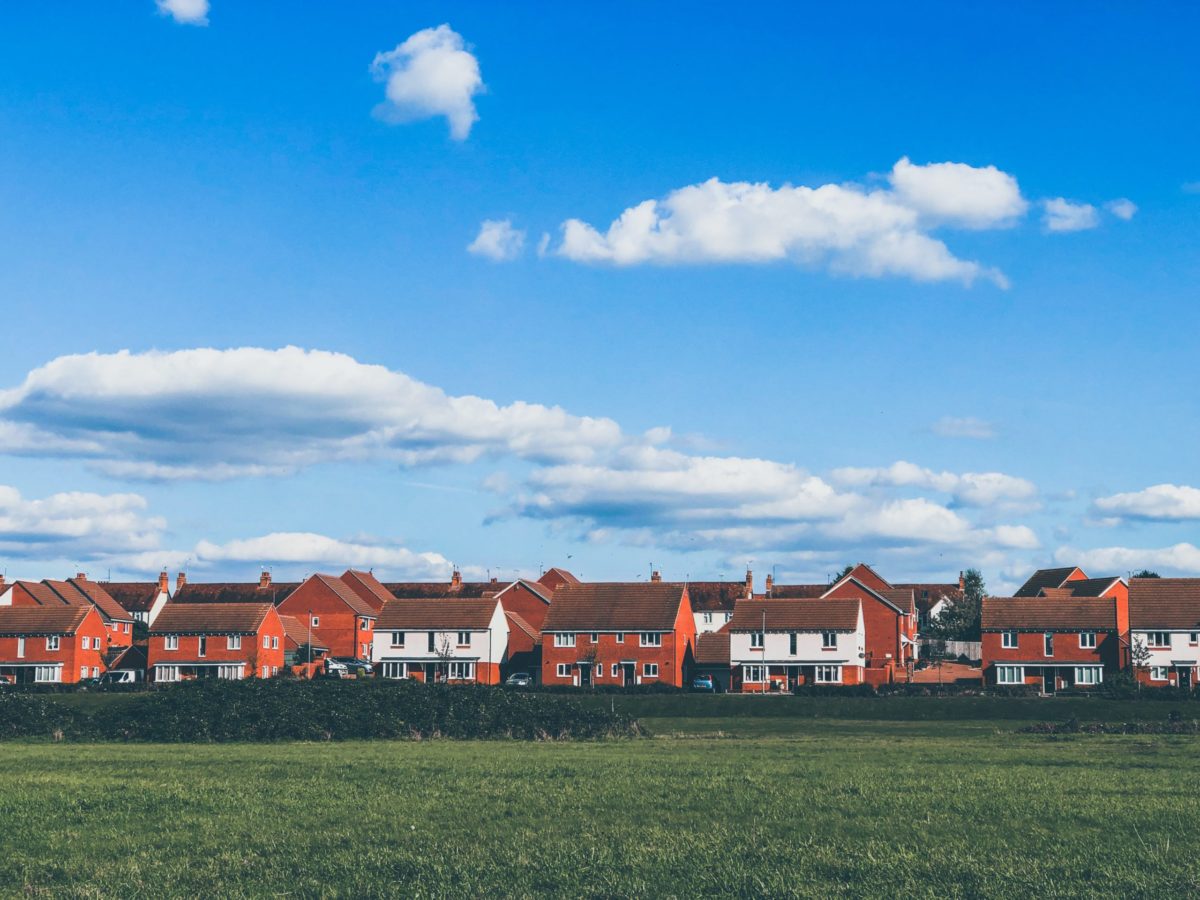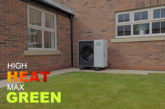
Efficient cooling for housing must be a consideration as ambient and extreme temperatures increase. Jo Lambert, splits product manager, Mitsubishi Electric, considers the issue.
In the summer of 2022, temperatures rocketed to 40°C, making it the hottest year the UK has ever experienced. Worryingly it won’t end there. The Met Office expects 2023 to be even hotter, as the record-breaking temperatures felt last year may gradually become the norm.
With an astonishing 80% of people in England living in urban areas – a number which continues to grow – extreme heat means we must change the way homes are built, in order to keep the population cool and comfortable. In the worst case, cooler homes will be vital to curb heat-related deaths, which are set to increase significantly in the coming years.
As well as finding ways to mitigate the urban heat in our cities, energy efficiency and environmental considerations can’t be forgotten. In every building project, housebuilders need to keep both cooling and net-zero carbon goals in mind. Efficient cooling must be a key priority.
With UK summers expected to reach an average temperature of 27°C by 2050, there is a high chance more homes in the UK will have air conditioning installed. While the UK is indeed on the path to decarbonisation, the increased energy use from air conditioning could counter this good work. However, it’s worth noting that while many conflate ‘air conditioning’ with cooling, the technology actually has more uses that could boost efficiencies in new properties and retrofitted housing stock.
For example, air conditioning units can also supply heating. So, building homes with a system that offers both heating and cooling could be a way to reduce the number of natural gas boilers needed for home heating in cooler months. It also creates a single delivery source, which reduces embodied carbon, and air conditioning is often the most efficient way to deliver heat into a space.
This technology could offer more environmentally friendly cooling in the summer, while helping the UK to move away from gas and oil heating for the long term.
Future resilience
It is also the case that the most efficient unit of energy is the one we don’t use. The UK is getting hotter, but building homes with air conditioning systems should not be the only solution. Housebuilders must remember building design has a role to play too, and if done correctly, homes that are built now will be resilient to increasing heat in the future.
It is vital that the UK continues to decarbonise, reduces its environmental footprint and combats global warming. But at the same time, finding ways to keep cool will be vital as the country continues to face hotter summers in the coming years.
Where possible, passive building design can help homes to stay cooler. If additional cooling is needed, incorporating systems that offer both heating and cooling into buildings can help to minimise the environmental impact by removing the need for gas heating.
As temperatures are only going to increase in the next few months, many people will be turning to technology to help keep cool as they live and work – and where they do, housebuilders must remind them that efficiency is the goal.
For more information on Mitsubishi splits, go to www.rdr.link/xxx



